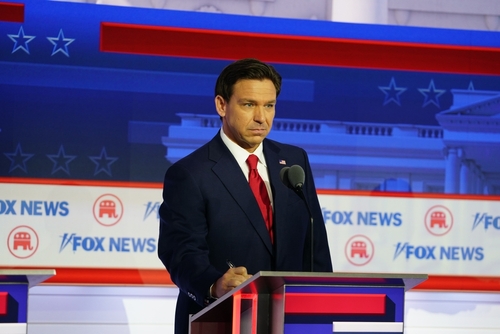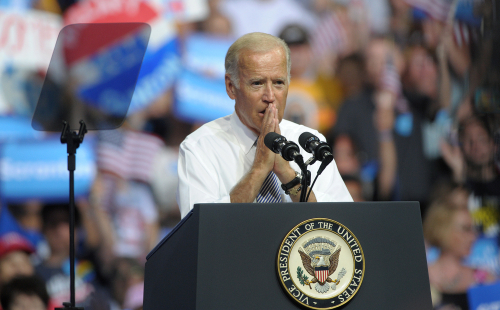
German leaders call early vote as government falls apart
Listen To Story Above
Germany is heading to the polls seven months ahead of schedule following the disintegration of its progressive coalition government, coinciding with Donald Trump’s electoral victory in the United States.
Initially resistant to early elections, Chancellor Olaf Scholz has now yielded to pressure, agreeing to expedite the process. A compromise has been reached, setting the election date for February 23rd, with formal confirmation expected on December 16th. This timeline allows political parties adequate preparation for their campaigns.
🚨🇩🇪 BREAKING: GERMANY declares early elections "ARE NOT LIKELY FEASIBLE" due to a shortage of paper, amid German economic crisis. pic.twitter.com/cq40aJAp19
— Legitimate Targets (@LegitTargets) November 11, 2024
The coalition’s collapse, which consisted of the Social Democrats (red), Free Democrats (yellow), and Green Party – known as the traffic-light government due to their party colors – came after Scholz’s initial attempts to maintain power until spring. His stance shifted dramatically when faced with parliamentary opposition, leading him to declare on German television: “I am not clinging on to my post.”
Financial disputes played a crucial role in the government’s downfall. The Free Democratic Party, which managed the treasury, raised concerns about unconstitutional debt levels, ultimately leading to the finance minister’s dismissal and the party’s exit from the coalition. Trump’s recent electoral success in the US further accelerated the crisis, with Scholz emphasizing Berlin’s need to demonstrate reliability as a Washington ally.
Good Morning from Germany, where Chancellor Olaf Scholz faces increasing pressure to agree to an early election in January and not in March/April, as Scholz is currently planning. An Infratest poll shows that two-thirds of voters want a national election as soon as possible, &… pic.twitter.com/4GJYHu0KrP
— Holger Zschaepitz (@Schuldensuehner) November 8, 2024
Current polls position the Christian Democrats, Angela Merkel’s former party, as the frontrunner, though without sufficient support for an outright majority. The Alternative for Germany (AfD) holds second place, despite declining from previous peaks. The outgoing coalition parties have suffered declining popularity, with the Free Democrats polling behind the newly established Sahra Wagenknecht Alliance, which advocates strict immigration control and robust German welfare benefits.




